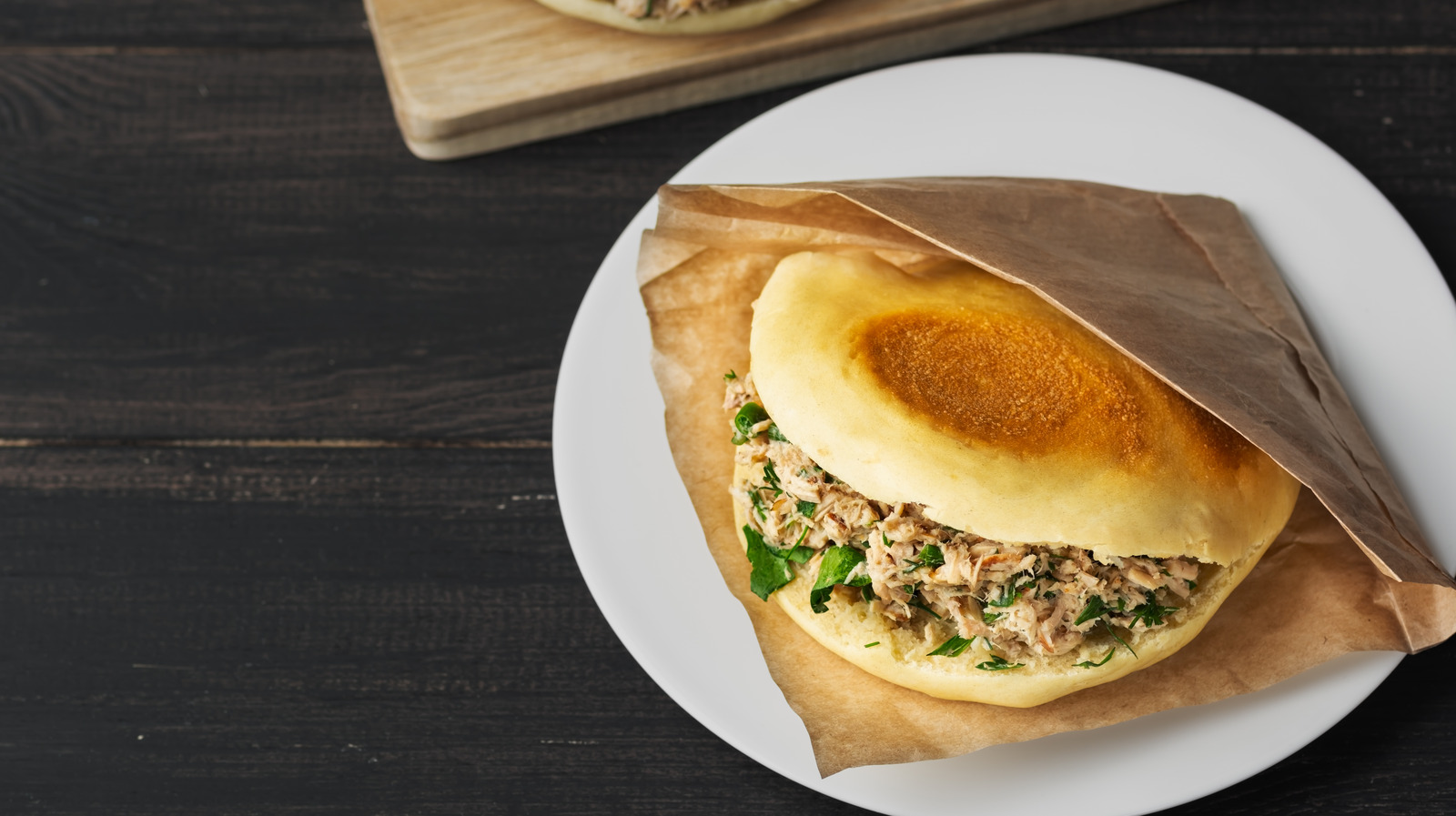As China’s pursuit of meals independence, referred to as “chinese language meals independence mo,” good points momentum, this exploration delves into the riding forces, methods, and complexities surrounding this the most important initiative. This exam unravels the political, financial, and environmental elements shaping China’s quest for self-sufficiency in its meals provide.
China’s present dependence on meals imports, coupled with geopolitical tensions and issues over meals high quality, has propelled the country’s decision to reach meals independence. The federal government has applied complete insurance policies and tasks to spice up home manufacturing, leveraging era and innovation to reinforce agricultural productiveness and diversify meals resources.
China’s Present Meals Dependence

China is the arena’s maximum populous nation, with a inhabitants of over 1.4 billion folks. Feeding this type of huge inhabitants calls for an important quantity of meals, and China is these days the arena’s biggest importer of agricultural merchandise.
China’s meals import dependency is because of a lot of elements, together with:
- Fast financial expansion:China’s economic system has grown impulsively in fresh a long time, resulting in higher call for for meals.
- Converting nutritional behavior:Chinese language shoppers are increasingly more consuming extra meat and dairy merchandise, which require extra land and assets to supply.
- Restricted arable land:China has a quite small quantity of arable land in line with capita, making it tough to fulfill home meals call for.
- Water shortage:China is a water-scarce nation, and water shortages are a significant constraint on agricultural manufacturing.
China’s meals import dependency poses a lot of demanding situations for the rustic. Those demanding situations come with:
- Meals safety:China’s reliance on meals imports makes it susceptible to disruptions in world meals provide chains.
- Value volatility:Meals costs are unstable, and China’s meals import dependency exposes it to value shocks.
- Environmental degradation:The manufacturing of meals for export may end up in environmental degradation, corresponding to deforestation and water air pollution.
Motivations for Meals Independence
China’s pursuit of meals independence is pushed by way of a posh interaction of political, financial, and geopolitical elements. Those motivations come with:
Political and Financial Drivers
China’s management perspectives meals safety as a question of nationwide sovereignty and steadiness. Dependence on overseas imports can create vulnerabilities and disclose the rustic to political force or manipulation. Moreover, reaching meals self-sufficiency reduces the danger of financial disruptions and fluctuations in world meals costs.
Geopolitical Tensions
China’s geopolitical tensions with positive international locations have influenced its meals safety technique. Considerations over attainable blockades or disruptions to world industry have motivated China to extend its home meals manufacturing capability.
Meals High quality and Protection
Considerations over the standard and protection of imported meals merchandise have additionally contributed to China’s want for self-sufficiency. Meals scandals and contamination incidents have raised public consciousness and resulted in higher call for for regionally produced meals.
Methods for Reaching Meals Independence

China has followed a complete method to reaching meals independence, imposing quite a lot of insurance policies and tasks to reinforce home meals manufacturing, leverage era, and diversify meals resources.
One key coverage is the “Agricultural Modernization Plan,” which goals to extend agricultural productiveness and cut back reliance on imports. The plan makes a speciality of selling mechanization, making improvements to irrigation programs, and creating high-yielding crop types.
Function of Era and Innovation, Chinese language meals independence mo
China is actively making an investment in agricultural analysis and construction to reinforce agricultural productiveness. This comprises creating disease-resistant vegetation, making improvements to farm animals breeding ways, and using precision farming applied sciences. Precision farming makes use of sensors and information research to optimize crop control, lowering enter prices and lengthening yields.
Diversifying Meals Resources
China could also be diversifying its meals resources to cut back reliance on imports. This comprises increasing home manufacturing of soybeans, corn, and different grains, in addition to selling the intake of different protein resources corresponding to fish and plant-based merchandise.
Demanding situations and Alternatives
China’s pursuit of meals independence faces a number of demanding situations, together with useful resource constraints and local weather trade. The rustic’s huge inhabitants and restricted arable land create an important call for for meals, whilst local weather trade threatens crop yields and water availability. Moreover, China will depend on imports for positive commodities, corresponding to soybeans and wheat, which may make the rustic susceptible to provide disruptions.
Financial and Environmental Advantages
Reaching meals independence provides a large number of financial and environmental advantages for China. Diminished reliance on imports can save the rustic billions of bucks every year and beef up its nationwide safety. Home manufacturing too can create jobs and spice up rural economies. Additionally, sustainable agricultural practices can toughen soil well being, cut back water air pollution, and mitigate local weather trade.
Global Cooperation
China can leverage world cooperation to advertise world meals safety. Via making an investment in agricultural analysis and construction, sharing wisdom with different international locations, and supporting sustainable farming practices, China can give a contribution to lowering starvation and malnutrition international.
Solutions to Commonplace Questions: Chinese language Meals Independence Mo
What are the primary causes for China’s pursuit of meals independence?
Political and financial concerns, geopolitical tensions, and issues over meals high quality and protection power China’s want for self-sufficiency in its meals provide.
How is China running to reach meals independence?
China has applied insurance policies to extend home meals manufacturing, invested in agricultural era and innovation, and assorted its meals resources to cut back reliance on imports.
What are the demanding situations China faces achieve meals independence?
Useful resource constraints, corresponding to restricted arable land and water assets, and the affects of local weather trade pose demanding situations to China’s pursuit of meals independence.

